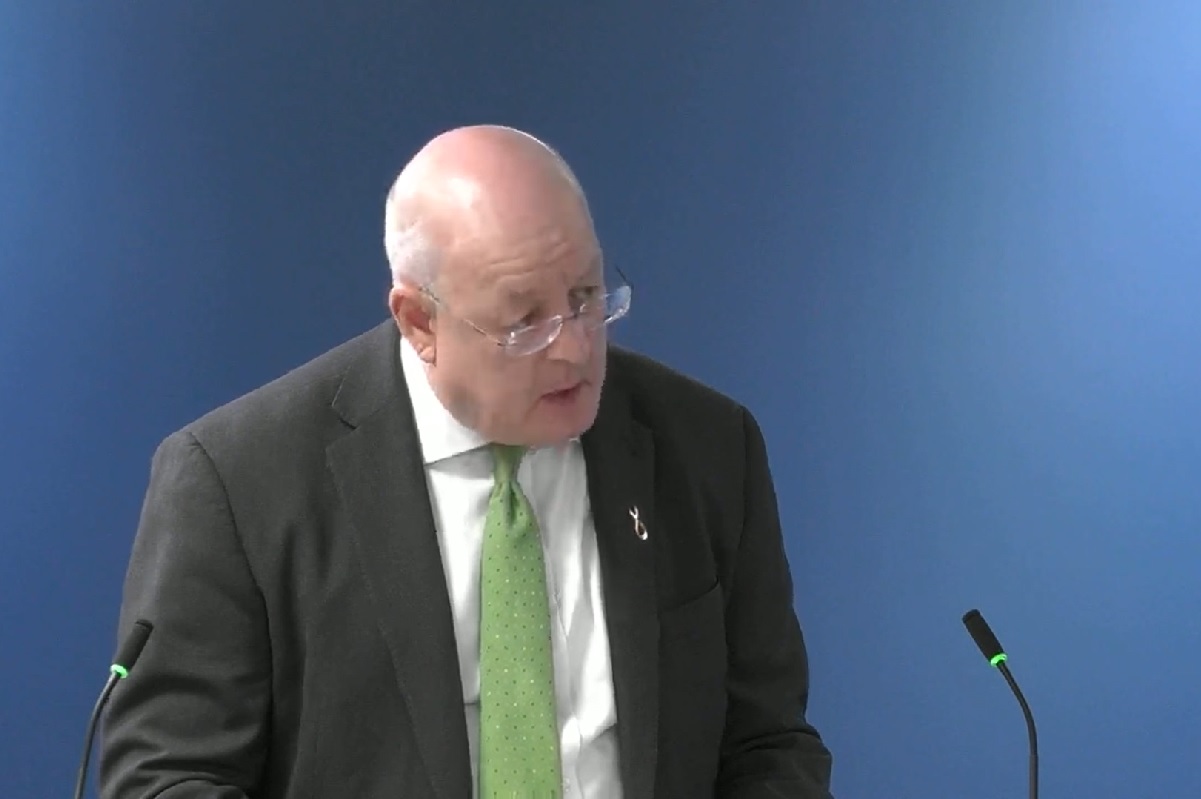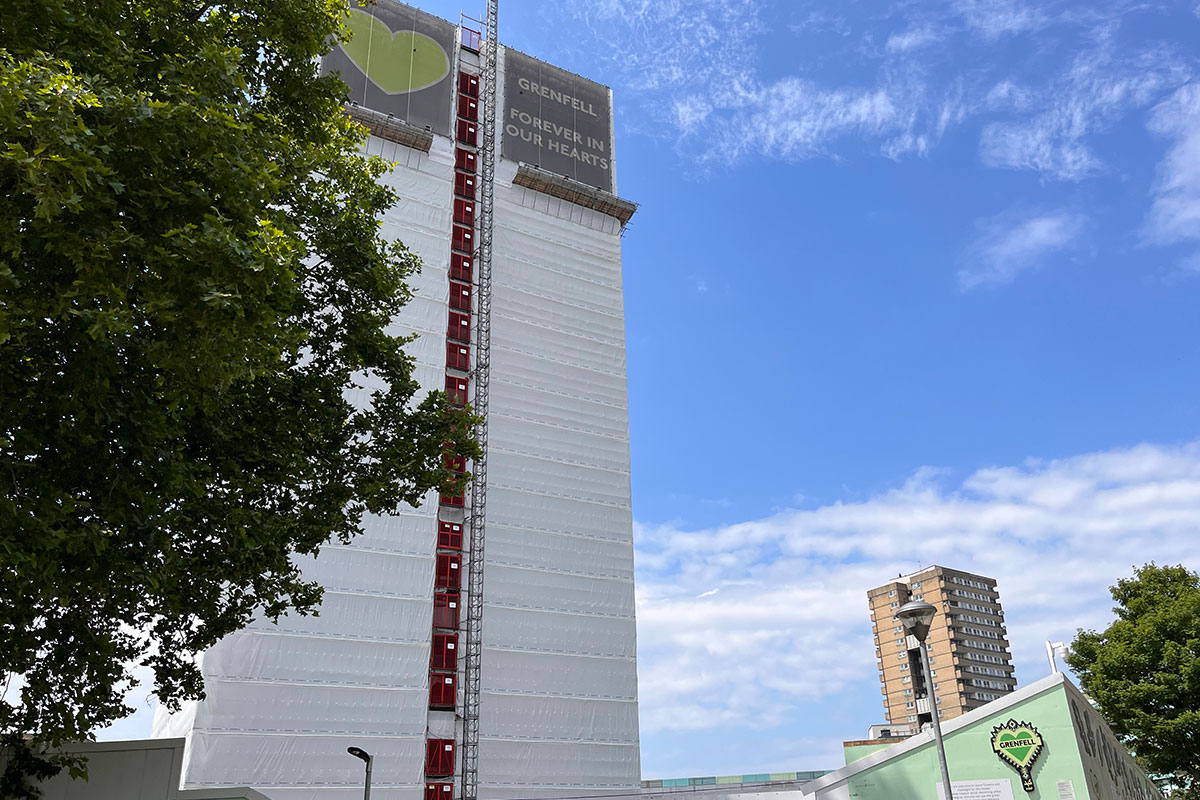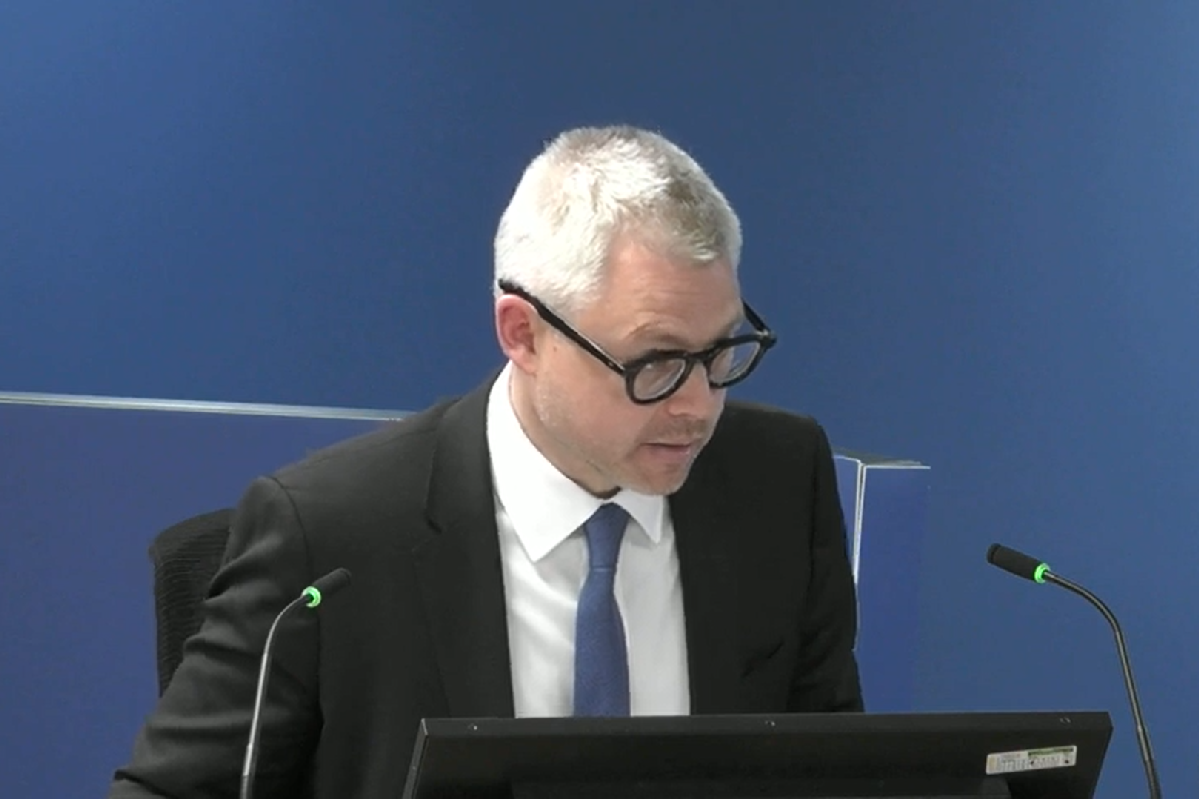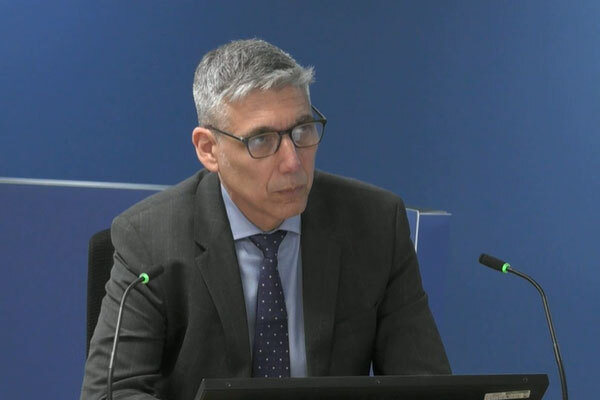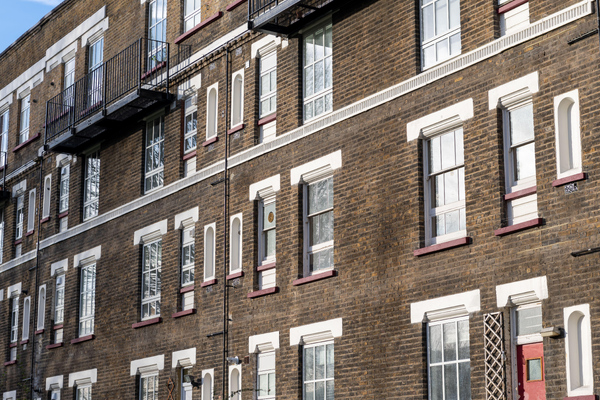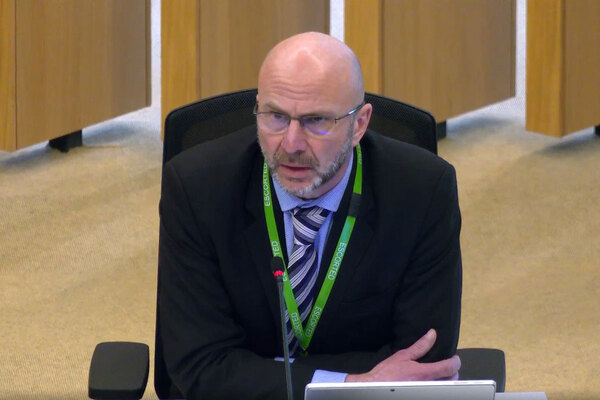Government rejection of evacuation plans recommendation ‘strikes at heart’ of purpose of Grenfell Inquiry, lawyers say
The government’s rejection of the Grenfell Tower Inquiry’s recommendation that plans should be made for the evacuation of disabled people in high rises “strikes at the heart” of the inquiry’s purpose, lawyers for the community have said.
Sam Stein QC, appearing on behalf of one group of bereaved family members and survivors of the fire, used part of his closing statement to criticise the recent Home Office proposal not to implement ‘personal emergency evacuation plans’ (PEEPs) for high-rise residents.
These plans were recommended in October 2019, after the first phase of the inquiry heard evidence that many of the tower’s disabled occupants were unable to escape the blaze.
The fire has since been described as a “landmark act of discrimination” against disabled and vulnerable residents, as it killed 40% of residents with a disability that hindered their ability to evacuate.
Despite promising to implement all of the inquiry’s findings, the government recently set out plans to reject this recommendation, saying that requiring building owners to implement them would not be “practical, proportionate or safe”.
Mr Stein said: “Has time already softened the tragedy’s impact? Have the government’s failures and their consequences already been forgotten?
“It is the purpose of this inquiry, that this should not happen, and that this tragedy should never be repeated. We suggest that the government’s rejection of this inquiry’s recommendations to safeguard the most vulnerable who are at risk of death strikes at the heart of that purpose.”
He referred to evidence the inquiry has heard, that following the Lakanal House fire in 2009 new statutory guidance was produced which set out best practice for fire safety in blocks of flats.
This guidance, authored by consultancy CS Todd, said the provision of evacuation plans for residents with disabilities was “usually unnecessary”.
This view had been reached without consultation with disability rights groups or representatives of disabled residents.
“On the one hand, they forgot about disabled people, but the more illuminating and deadly strand was that they didn’t think disabled people had anything useful to add to their own safety and landlords’ views would suffice,” said Mr Stein.
“As a result, the only stakeholders whose views counted were Mr Todd’s office [Colin Todd, director of CS Todd and an expert witness to the inquiry] and his client landlords.”
“The government had hardly allowed the ink to dry on the transcripts of this evidence before they revealed their stance on the on this inquiry’s PEEPs recommendation,” Mr Stein added.
He said the reasons given by building safety minister Lord Stephen Greenhalgh in his rejection of PEEPs were “in reality taken from the same playbook employed a decade ago”.
The government has proposed that in a small class of buildings so dangerous as to have a simultaneous evacuation strategy, it will be necessary to share the location of disabled residents with fire services and carry out a “person-centred fire risk assessment” (PCFRA).
Mr Stein said: “A typical suggested outcome [of a PCFRA] includes fire-retardant bedding, and fire-safe ashtrays. Well, they’re finding themselves I suppose, but they’re not an evacuation. It was the minister who said 40% [of the disabled residents] died in Grenfell. This was not because they had a cigarette in bed.”
Earlier, Stephanie Barwise QC, appearing for another group of bereaved and survivors, also criticised the government for failing to develop appropriate plans for the evacuation of disabled residents before the fire.
“The department failed to produce adequate guidance in relation to means of escape for those with disabilities,” she said.
She added that the government had failed to consult with disabled residents or provide a meaningful equality assessment of its plans. “This inaction was not accidental but done deliberately to avoid disproportionate burdens on landlords.”
The government has been threatened with a judicial review over its plans not to implement the recommendation on PEEPs by lawyers acting on behalf of disabled residents of tower blocks with dangerous cladding.
Sign up for our weekly Grenfell Inquiry newsletter
Each week we send out a newsletter rounding up the key news from the Grenfell Inquiry, along with the headlines from the week
Already have an account? Click here to manage your newsletters
